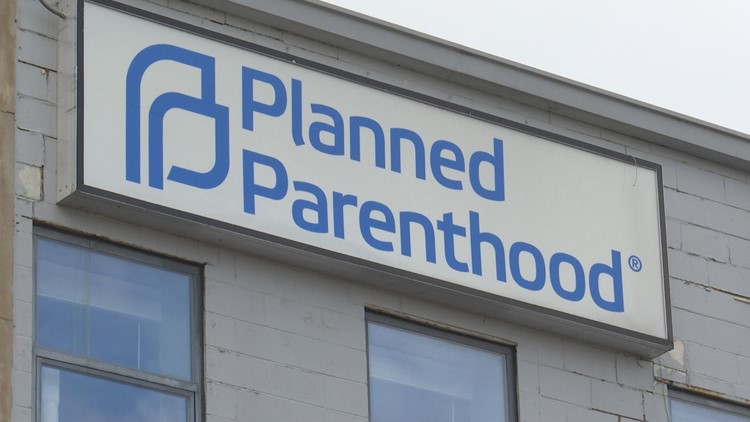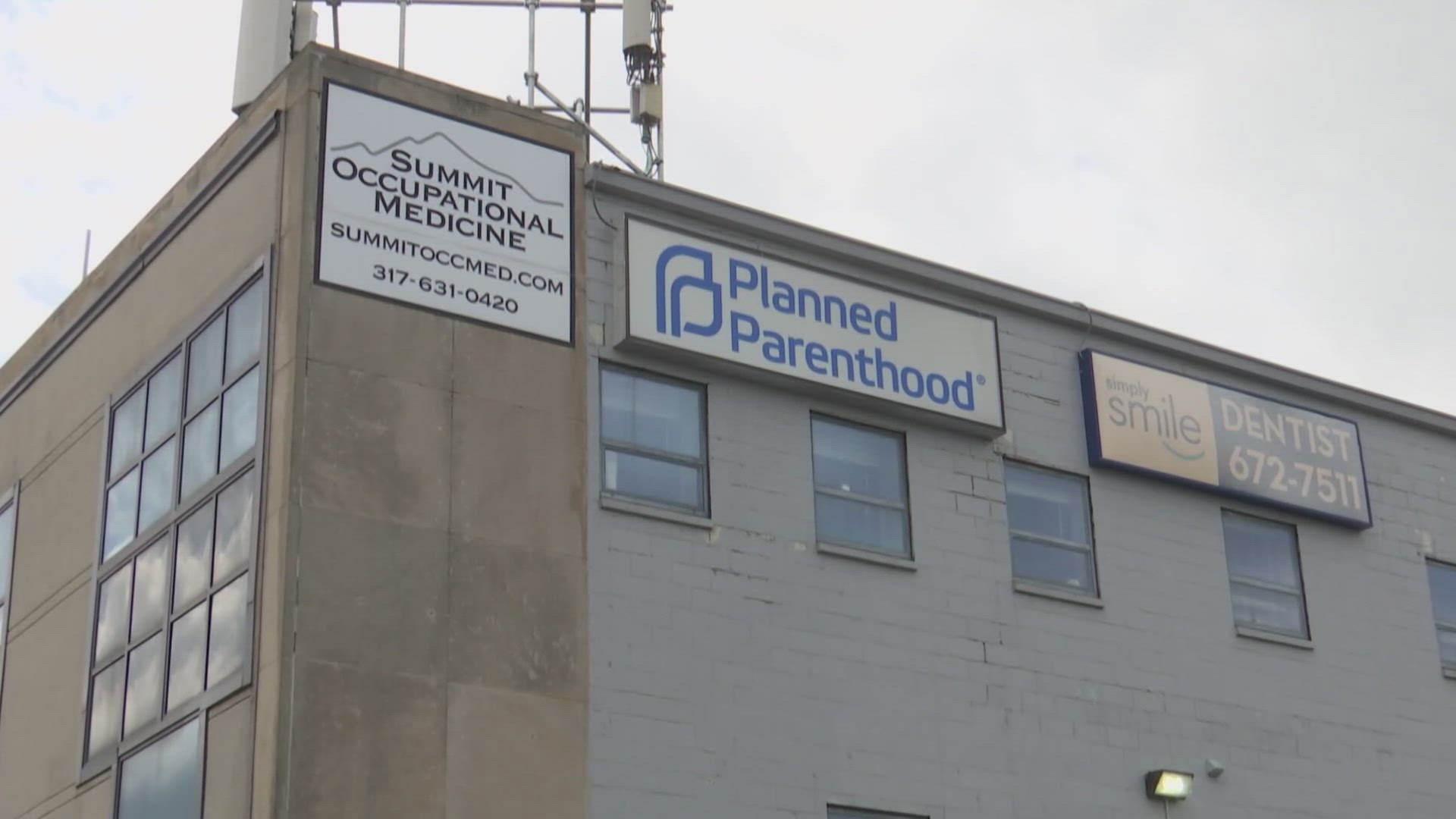INDIANAPOLIS — Planned Parenthood, the largest abortion provider in Indiana, won't be taking any more appointments for abortion procedures ahead of the Aug. 1 ban taking place.
Planned Parenthood issued a release saying it was at capacity for appointments. That means no additional abortion services will be able to be scheduled in the state.
“Our health centers are overbooked for abortion appointments and our patients are overwhelmed trying to get care. We should not be here,” said Rebecca Gibron, CEO of PPGNHAIK. “From Tennessee to Kentucky, Texas and Louisiana, our health centers are serving patients where bans have blocked access to abortion — basic, time-sensitive care that has been so severely politicized and stigmatized that people must flee their homes or be forced to remain pregnant."
According to Planned Parenthood, one in three women of reproductive age – and additional trans and nonbinary people who can become pregnant – no longer have access to abortion in their state.
The near total ban still allows for abortion in limited cases, including allowing abortions at hospitals in cases of rape or incest before 10 weeks post-fertilization. It also allows abortions up to 20 weeks to protect the life and physical health of the mother or if a fetus is diagnosed with a lethal anomaly.
New reports from the Indiana Department of Health show the state’s abortion total during 2022 jumped by 13% — an increase caused by out-of-state patients coming to Indiana for the procedure as tighter laws took effect in Kentucky and Ohio.
The number of Indiana abortions rose by 1,115 to 9,529 during 2022, according to the state reports. That increase came from abortions involving out-of-state patients growing from 465 in 2021 to 1,827 last year — with about 85% of those patients coming from Kentucky or Ohio.
According to Planned Parenthood, experts predict a 21 percent increase in the number of pregnancy-related deaths and a 33 percent increase among Black women with a total abortion ban.
While there is a block of the ban in a Religious Freedom Restoration Act case, the court allowed a provision requiring a connection to a local hospital for a facility and surgeon providing abortion care to continue. Because of the requirement, Planned Parenthood claims it will not be able to provide abortion care.
“Our courts have failed us in a time where access to care couldn’t be more vital. Maternal mortality rates have more than doubled for Hoosiers and will only get worse," Gibron said.
Indiana was the first state to enact tighter abortion restrictions after the U.S. Supreme Court eliminated federal protections by overturning Roe v. Wade in June 2022.



